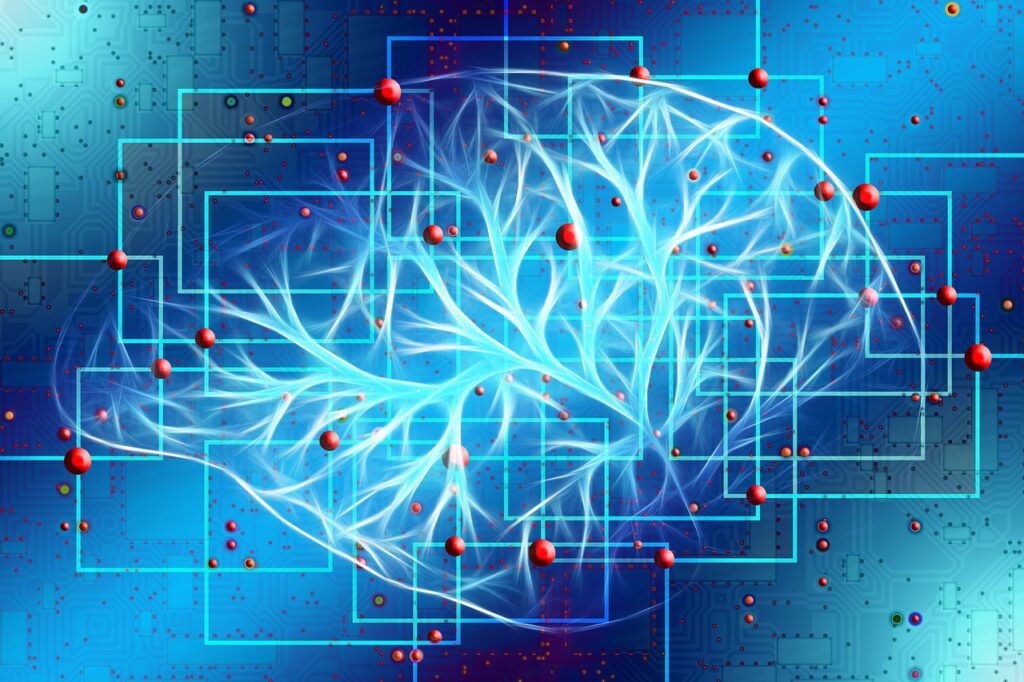We all understand deterministic processes, where the outcome of an action is definite and predictable. You touch a hotplate, and it hurts, possibly a blister by the next day! Press the pedal, and the car goes faster. Certainty is nice and visible, a cause and an effect; decision-making is easy. Personal stories reinforce our appreciation for deterministic processes. The brain is wired for determinism.

On the other hand, stochastic processes are not straightforward and require deliberate training to understand. Doctors say smoking causes cancer, yet we don’t see all smokers dying of cancer. To make matters worse, some non-smokers suffer lung cancer!
When Reasons are Many, Output is a Chance
It is the randomness of input that governs stochastic processes. The output becomes a set of probabilities. Be it weather predictions or movements in the stock market. Climate scientists use the best of their physics and thermodynamics to forecast the weather using the available data on wind speed, temperature, humidity, and pressure. Even small uncertainties in those variables can result in large ranges in predictions. Some of them may be random, others we never understand.
Extreme cases are the black swan events. Here, an event has a tiny chance of occurring but creates unimaginable consequences. Is anything better than the COVID-19 pandemic and its impact on the global economy?

